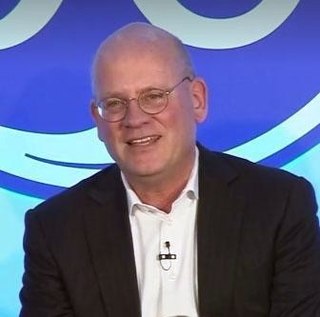A Quote by Ratan Tata
The economic situation, the high cost of undertaking manufacturing, the supply chain - which is, by the way, dying out also as manufacturing undergoes hardship - make the U.K. not the first place you would look at to make a manufacturing investment.
Related Quotes
We have a very good history of manufacturing in this country but I worry that these skills are being lost. We walk around saying, 'We haven't got any manufacturing any more' but Made In Britain really means something, particularly in other parts of the world. We need to support British manufacturing.






























